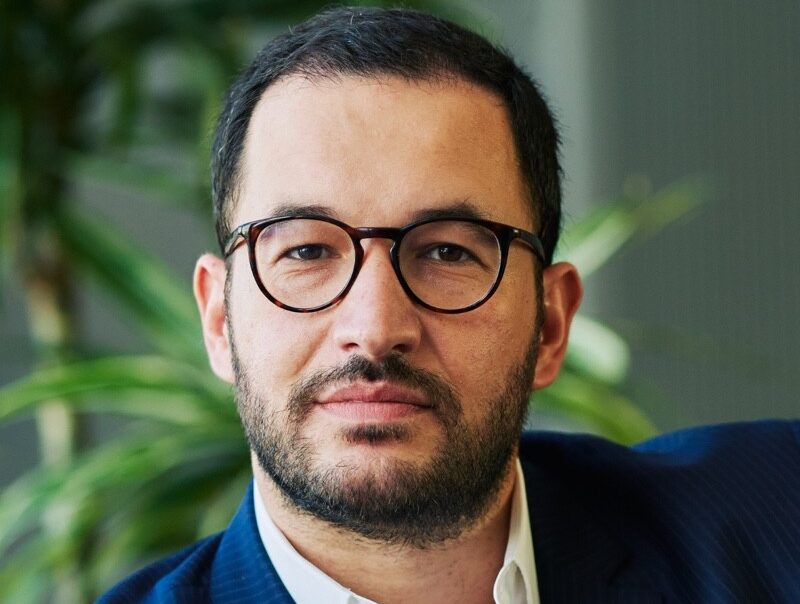Malta’s macroeconomic resilience remains one of Europe’s quiet success stories. A decade of uninterrupted expansion, underpinned by agile policymaking and a service-driven export base, has allowed the island to weather successive global shocks – from the pandemic to the energy crisis – without the deep contractions seen elsewhere.
The recent A (high) credit rating reaffirmation by DBRS Morningstar formalised what many investors already recognise: Malta’s economy is robust, well-capitalised, and remarkably adaptable.
Yet, as economist Professor Philip von Brockdorff cautions, the drivers of that success are beginning to show diminishing returns.
“The DBRS rating supports the argument that our economy remains resilient,” he tells MaltaCEOs.mt. “The issue, however, is what is driving growth – and whether the economy can continue expanding at the same pace as it has over the past decade.”
A growth model approaching its frontier
Malta’s post-EU-accession growth model has relied heavily on domestic consumption, tourism, and construction – sectors that have generated employment and fiscal buoyancy but have also created structural imbalances.
“The economy’s expansion is too dependent on consumption, tourism, and the property market, where a substantial shadow economy persists,” Prof. von Brockdorff observes. “We should be fostering investment in new enterprises that raise productivity and steer activity away from the high-yield construction and rental sectors.”
His prescription is a pivot toward innovation-driven growth, supported by a policy framework that internalises environmental constraints. “We must pursue a more sustainable growth model that reduces Malta’s carbon footprint, emissions, and waste generation,” he adds.
In effect, the challenge is to translate resilience into renewal – a shift from short-term demand stimuli to long-term productivity gains.
Property and the paradox of prosperity
DBRS Morningstar’s report again highlighted the structural exposure of Maltese banks to real estate – a dynamic that has long defined the island’s financial system. Prof. von Brockdorff noted that while the sector remains stable, its concentration imposes costs and crowding effects on the broader economy.
“The exposure of local banks to property necessitates further capitalisation, which adds cost,” he says. “Banks are understandably cautious about extending credit to construction, prompting developers to turn increasingly to the capital market.”
This reallocation of risk from banking to capital markets reflects a maturing financial ecosystem – but also underscores the asset inflation paradox: surging property and rental values that bolster balance sheets while eroding affordability. “The increase in value is rising far beyond levels of affordability,” he warns.
Fiscal prudence in a post-austerity paradigm
Prime Minister Robert Abela has framed Malta’s policy stance as a vindication of its decision to eschew austerity. Prof. von Brockdorff concurs that fiscal stimulus, particularly through energy and fuel subsidies, shielded households and firms from global volatility. Yet he emphasises that sustainability must now supersede expansion.
“Fiscal sustainability cannot permanently rely on tax revenues derived from consumption and property transactions,” he cautions. “Addressing the Excessive Deficit Procedure within the European Commission’s timeframe is essential.”
That balancing act – maintaining growth while re-anchoring fiscal credibility – will define the forthcoming 2026 Budget. “I have no doubt that the Minister of Finance is prioritising both the revenue and expenditure sides, independent of electoral pressures,” he adds.
Banks ‘understandably cautious’ about extending credit to construction are prompting developers to increasingly turn to the capital market, says Professor Philip von Brockdorff
Malta’s economic fundamentals remain enviable: eurozone membership, a stable banking system, and an outward-facing services base that continues to attract foreign capital. Yet the country’s next competitive leap, Prof. von Brockdorff suggests, will depend not on preserving the status quo but on re-engineering it.
“The economy’s future strength lies in productivity, not just persistence,” he concludes. “Malta’s next leap forward will come from diversification and value creation – innovation, human capital, and sustainability must be our new comparative advantages.”
As the island positions itself for its next growth cycle, the question for investors is no longer whether Malta is stable – but whether it can evolve.
‘A nation shaped by foresight’: ROCS director reflects on 28-year bond with Dubai
Rachel Vella says strong foundations don’t weaken under pressure, but recalibrate, adapt and rise stronger.
IZI Finance plc announces second bond issue and listing on the Malta Stock Exchange
The Group’s performance is supported by a clear focus on innovation, digital transformation and operational excellence, across its core business ...
Hili Properties confirms departure of Managing Director Georgios Kakouras
Daniela Pavia continues as Interim CEO
‘A real honour’ – Co-Founder of Bracket on securing Malta Venture Capital fund investment
The company has recently raised $7 million in seed funding.








